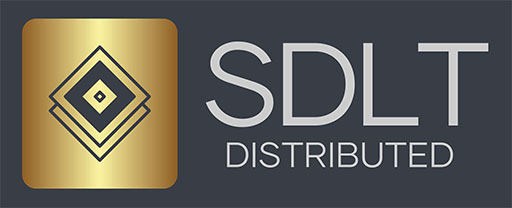
Luxembourg Strengthens Securities Framework with Blockchain Integration

Luxembourg has taken a significant step toward modernizing its financial sector with the enactment of the law of 20 December 2024, commonly referred to as the Blockchain IV Act. The legislation introduces amendments to the existing legal framework for dematerialized securities, aiming to enhance efficiency and legal security through the integration of distributed ledger technology (DLT).
The dematerialization process involves replacing physical stock certificates with electronic records, thereby eliminating the need for tangible certificates. Once converted, securities are recorded electronically and transferred between accounts through book entries rather than physical exchange. While Luxembourg had previously developed a legal framework that accommodated certain preexisting technologies, the latest amendments focus on incorporating advancements such as DLT to improve transparency and operational security.
Introduction of the Control Agent Model
A key innovation introduced by the Blockchain IV Act is the concept of a control agent, which provides an alternative to the conventional system that depends on a central account keeper and a chain of custodians. The control agent is authorized to oversee the issuance of dematerialized securities using DLT, ensuring a more flexible and secure approach for issuers and investors.
The responsibilities of the control agent include maintaining the issuance account, monitoring the movement of dematerialized securities, and reconciling issued securities with those held by custodians. Unlike the traditional model where the central account keeper manages both the issuance and the custody chain, the new approach allows securities accounts to be maintained by different custodians without necessitating a direct custodial relationship with the control agent.
This system remains optional for issuers but is intended to offer greater transparency, security, and adaptability. By incorporating this model, Luxembourg aims to solidify its standing as a leading European financial hub, particularly in facilitating the issuance of unlisted debt and equity securities using DLT.
Building on a History of Legal Innovation
Since 2019, Luxembourg has systematically adapted its legal framework to accommodate the use of DLT in financial transactions. Previous regulatory amendments have recognized financial instruments issued through DLT as equivalent to traditional financial instruments in various contexts. The Blockchain IV Act builds upon these earlier developments, reinforcing the country’s commitment to fostering financial innovation.
Under the revised legal framework, the role of control agents can be fulfilled by credit institutions, investment firms based in Luxembourg or other EU member states, as well as operators of a Luxembourg securities settlement system. The Luxembourg financial sector supervisory authority has been tasked with ensuring that control agents comply with the new regulatory standards, maintaining oversight to safeguard market integrity.
Enhancing Competitiveness and Investor Protection
The integration of DLT into Luxembourg’s financial ecosystem is expected to bring multiple benefits, including increased efficiency, stronger legal protections, and improved competitiveness. The modernization of securities management aims to provide a more robust infrastructure for issuers and investors while maintaining regulatory oversight. As financial markets continue to evolve, Luxembourg’s approach to leveraging technology in securities transactions positions it as a frontrunner in digital finance within the European Union.
